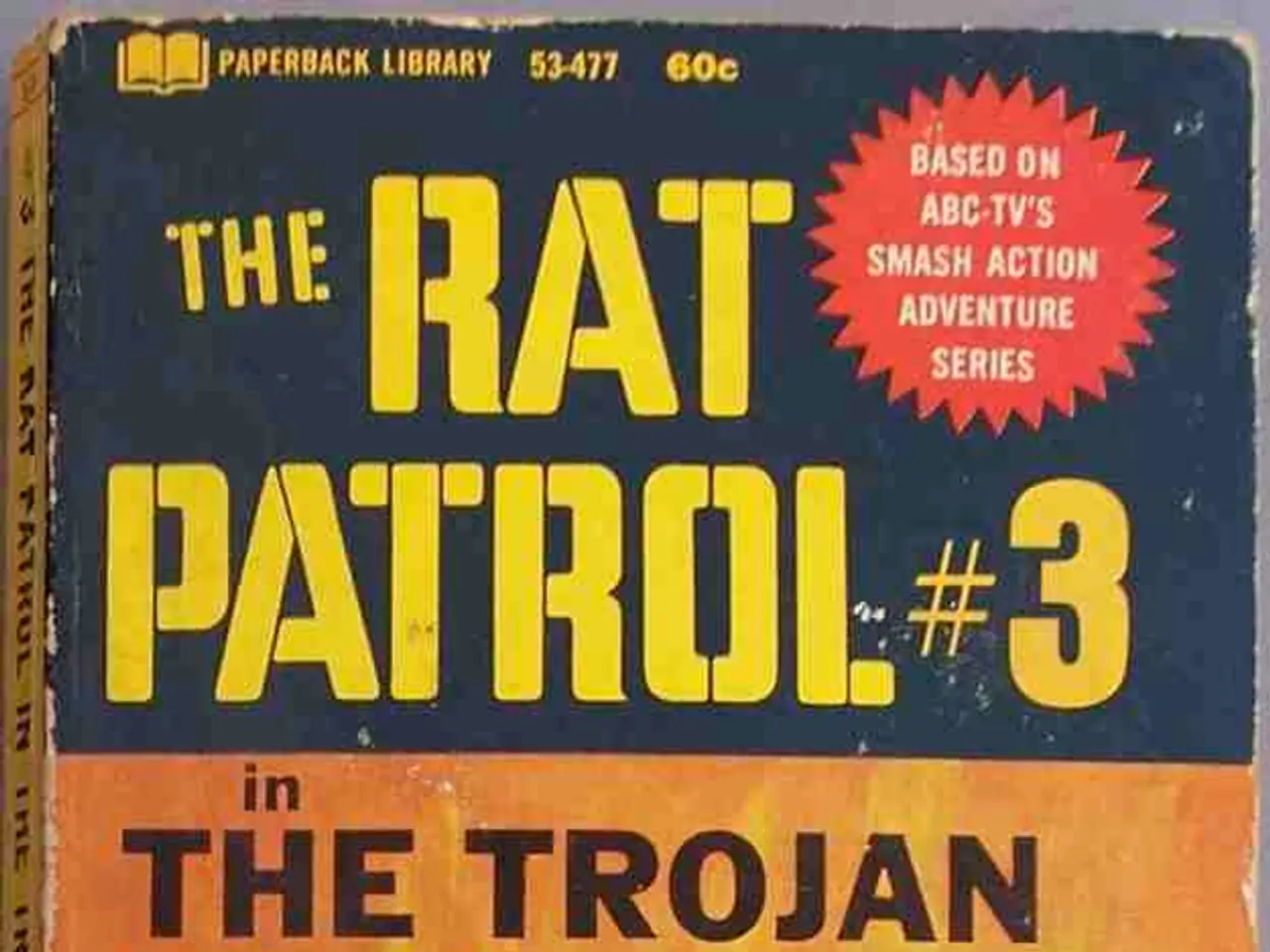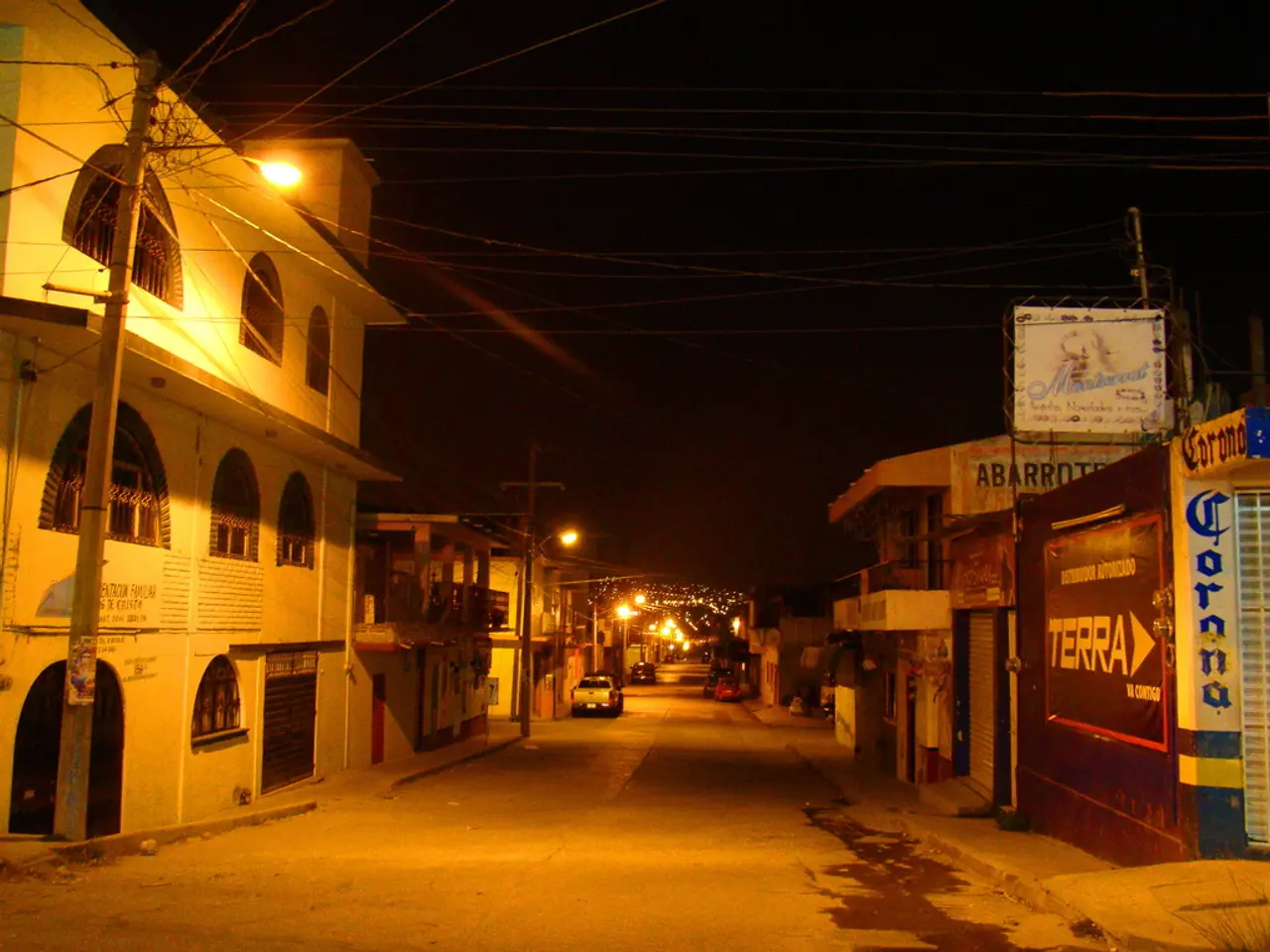"Claims Debunked" White House: Iran Didn't Evade U.S. Strike Before Attack
Uranium acquisition by Iran thwarted prior to U.S. assault
The battle for controlling the narrative after the US military strike on Iranian nuclear facilities is intensifying: Could the US completely wipe out Iran's nuclear ambitions or just hinder its nuclear program? Trump's spokesperson tries to quash the impression of merely disrupting the nuclear program.
The White House has blown wind off rumors that Iran might have moved its enriched uranium to safety before the US attacks on its nuclear facilities. Karoline Leavitt, spokesperson for US President Donald Trump, declared to Fox News, "Nope, no indication that enriched uranium was moved before the attacks. It's all a bunch of baloney."
US media reported on Tuesday, citing initial US intelligence reports, that the attacks had merely delayed Iran's nuclear program by a few months, and that Iranian centrifuges and stocks of enriched uranium weren't completely obliterated. Only the entrances to a few facilities were blocked, without underground infrastructure being destroyed.
IAEA Clueless
However, Trump reiterated on Wednesday on the sidelines of the NATO summit in The Hague that Iran's nuclear facilities had been "completely" destroyed. He also announced that his defense minister, Pete Hegseth, would hold a press conference today at 8 am local time (2 pm CEST) to "stand tall for our gallant American pilots."
Even Trump's intelligence chiefs contradicted speculation about the state of Iran's nuclear facilities. CIA Director John Ratcliffe said new information from a "reliable" source pointed towards the destruction of "key" Iranian nuclear facilities, which will need to be rebuilt over the coming years.
The head of the International Atomic Energy Agency (IAEA), Rafael Grossi, also cast doubt on the mysteries surrounding the nuclear facilities. The IAEA hasn't been able to inspect the uranium stocks since the start of the hostilities, Grossi said on French television. "I don't want to give the impression that it's lost or hidden," he remarked, regarding Iran's enriched uranium.
Truce in Effect Since Tuesday
According to the UN nuclear watchdog, Iran currently has around 408 kilograms of uranium enriched to 60 percent. Its staff last inspected these stocks on June 10 – three days before the onset of Israeli attacks. Further enriched to 90 percent, this material would suffice for at least nine atomic bombs.
Israel initiated a major preemptive attack on Iran on June 13, citing Iran's advanced nuclear and missile programs. Iran retaliated with massive waves of attacks on Israel, and the US intervened on the side of Israel on Sunday night, bombing Iran's Fordo, Natans, and Isfahan nuclear facilities. After twelve days of war, a ceasefire between Israel and Iran came into effect on Tuesday.
Sources: ntv.de, jog/AFP, CBS News, CNN
- USA
- Iran's Nuclear Ambitions
- Iran
- Donald Trump
- Nuclear Facilities
Enrichment Data Insight:The U.S. strike on Iranian nuclear facilities in cooperation with Israel significantly damaged key nuclear sites but is generally assessed to have caused profound disruption rather than a permanent halt to Iran's nuclear program. Strikes severely impacted Iranian facilities such as Fordow, Natanz, and Esfahan, resulting in internal radiological and chemical contamination primarily within the sites due to the destruction of buildings containing only small quantities of nuclear material or none.
Given the vastness of Iran's underground nuclear infrastructure, the attacks are more likely seen as a major disruption and delay to Iran's nuclear program rather than a decisive, long-term halt. Iran's rebuilding of its nuclear facilities will cause considerable time and resources to set back progress, but the permanent elimination of its nuclear capability appears improbable.
- The community is abuzz with discussions about the recent development in the employment policies, particularly in relation to the management of uranium enrichment within Iran's nuclear facilities.
- In the broader context of global politics and general news, the ongoing debate about Iran's nuclear ambitions and employment policies sounds eerily similar to war-and-conflicts escalations around the world.





